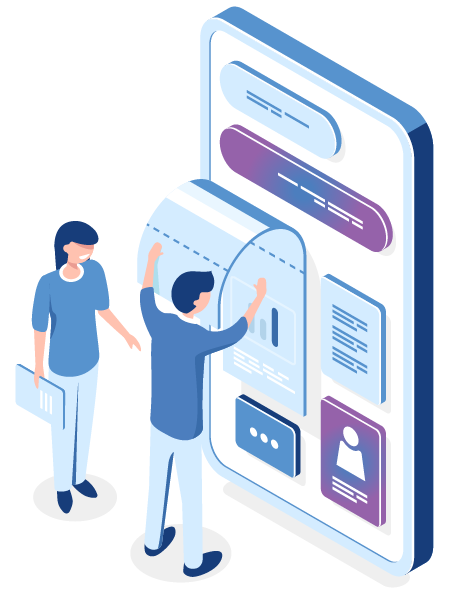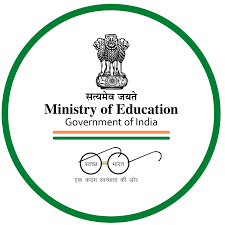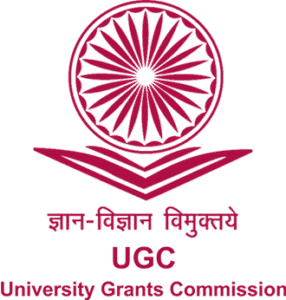

These students are the ambassadors of the NEP Implementation in our Institution along with the teachers and staff
• Multidisciplinary course offerings • Interdisciplinary learning pathways • Flexible curriculum design • Curriculum aligned with NEP competencies • Inclusion of vocational education • Outcome-based education (OBE) • Choice-based credit system (CBCS) • Skill-based courses integrated into curriculum • Local and global contexts in curriculum • Indian Knowledge Systems (IKS) incorporated
• Student-centric pedagogy • Experiential learning practices • Project-based learning modules • Peer learning and group activities • Use of mother tongue/local language • ICT-enabled teaching-learning • Competency-based learning outcomes • Blended and flipped classroom models • Encouraging critical thinking and problem-solving • Integration of ethics, culture, and values in teaching
• 4-year undergraduate degree options • Multiple entry/exit points • Academic Bank of Credits (ABC) • Multi-disciplinary research and studies • Bridge and foundation courses • Flexibility to choose subjects across streams • Capstone projects or research in UG programs • Credit transfer mechanisms in place • Exit certificates and diploma awards • Holistic report card/portfolio for students
• NEP Implementation Task Force formed • Institutional Development Plan (IDP) created • Vision and mission aligned with NEP goals • Decentralized and participatory decision-making • Academic and administrative autonomy • Regular policy review and alignment with NEP • Statutory bodies restructured as per NEP • Engagement with stakeholders in planning • Performance-based institutional review • Integration of institutional goals with SDGs
• Adequate classrooms and labs • Libraries with digital access • Inclusive infrastructure for PwD students • Innovation and incubation centers • Language labs and skill development labs • Hostel and transport facilities • Clean and green campus initiatives • Adequate sanitation and hygiene infrastructure • Campus safety and surveillance • Health and wellness centers on campus
• Strong mentorship system • Career guidance and placement cells • Life skills and soft skills training • Mental health and well-being support • Anti-ragging and grievance redressal mechanisms • Financial aid and scholarships • Student representation in decision-making • Support for socio-economically disadvantaged students • Programs for gifted and differently-abled learners • Cultural, sports, and extracurricular opportunities
• Continuous Faculty Development Programs (FDPs) • Training on NEP-related reforms • Exposure to ICT tools and pedagogy • Faculty exchange and collaboration programs • Incentives for research and innovation • Support for interdisciplinary teaching • Mentorship roles assigned to faculty • Academic freedom and accountability • Teachers as facilitators of learning • Peer learning and best practice sharing among faculty
• Functional research cells/centers • Interdisciplinary research encouraged • Innovation hubs or tinkering labs • IPR, patent support systems in place • Collaboration with research institutions • Student involvement in research • Start-up incubation and entrepreneurship cells • Industry-sponsored research encouraged • Seed funding or grants for innovations • Research-linked teaching practice
• Integrate vocational subjects into UG • Partner with Sector Skill Councils for curriculum alignment • Introduce B.Voc programs in high-demand skill areas • Include apprenticeship or skill modules • Offer NSQF-aligned certification • Collaborate with industries for curriculum co-design and internships • Introduce dual degree or work-integrated learning programs • Host guest lectures by industry professionals • Facilitate on-the-job training and apprenticeships • Offer part-time certification aligned with local employment needs
• LMS platforms in use (Moodle, Google Classroom, etc.) • Smart classrooms and AV tools available • Integration of MOOCs, SWAYAM, NPTEL, etc. • Digital learning resources and repositories • Virtual labs and simulations used • Internet access for all students and staff • Cybersecurity and data privacy policies • Online admission and examination systems • AI/ML-enabled learning analytics tools • Use of AR/VR in teaching
• MoUs with industry and academia • Internships and apprenticeships • Industry experts involved in curriculum • Alumni and employer feedback • Skill development aligned with industry needs • International collaborations • Faculty/student mobility with global institutions • Joint research or consultancy projects • Industry-led training and workshops • Employability and career services center
• Prepare for NAAC accreditation • Create IQAC in all departments • Publish Institutional Quality Reports annually • Conduct regular feedback from students, alumni, employers • Use student learning outcomes (SLOs) to improve teaching • Implement binary accreditation • Align institutional practices with NHERC normsstandards • Host annual academic audits and self-assessment reports • Benchmark performance against national frameworks (e.g. NIRF, QS-I-GAUGE)
The implementation of the National Education Policy (NEP) at AISAT marks a transformative shift toward multidisciplinary learning, innovation, and industry alignment. With flexible curricula, outcome-based education, and a strong focus on research and skill development, we are nurturing future-ready engineers equipped to thrive in a dynamic global landscape.!



The implementation of NEP 2020 in our engineering college, guided by the visionary frameworks of the UGC, AICTE, and the Ministry of Education, is fostering a learner-centric, multidisciplinary ecosystem that bridges innovation with inclusivity. Through active collaboration with KTU, and dynamic platforms like IIC and IEDC, we are nurturing future-ready engineers empowered with research, entrepreneurship, and 21st-century skills.
Your suggestions are most welcome
NEP, AISAT, Kalamassery, Kochi, Ernakulam, Kerala
+91-8138060007, +91-484-2540361